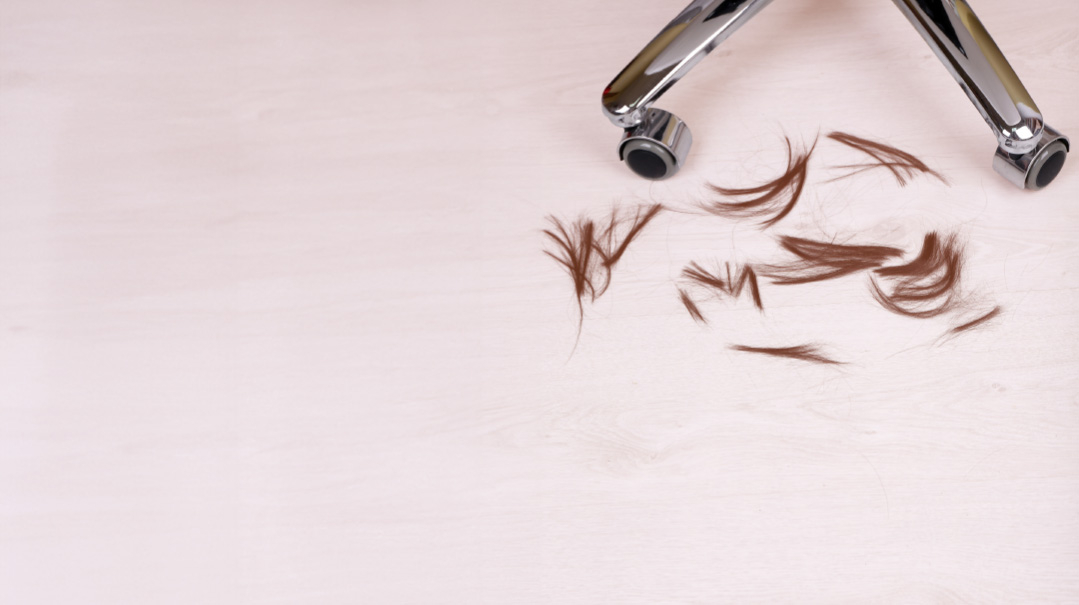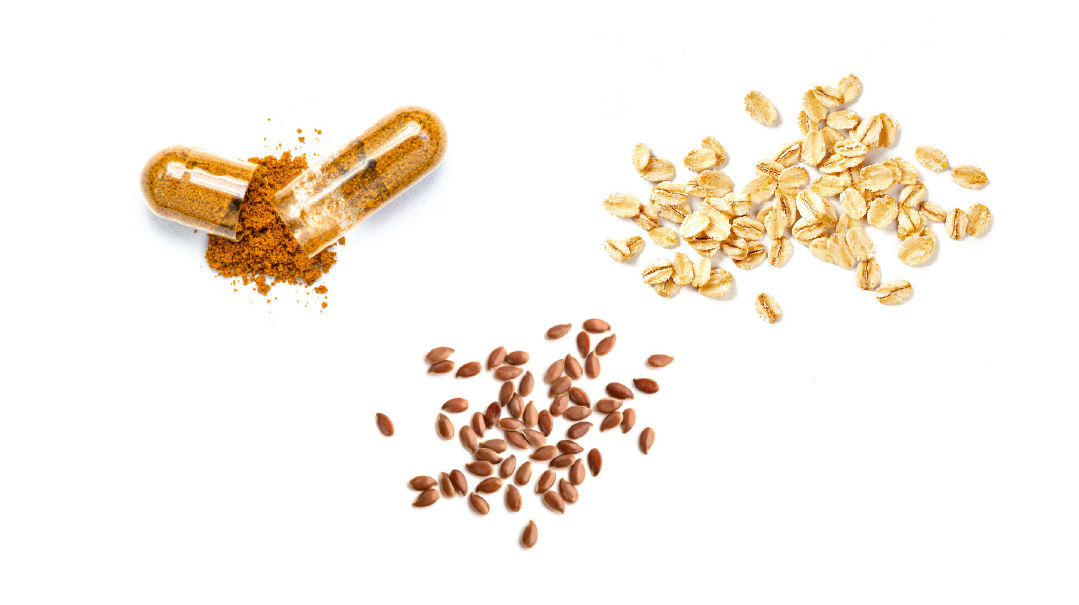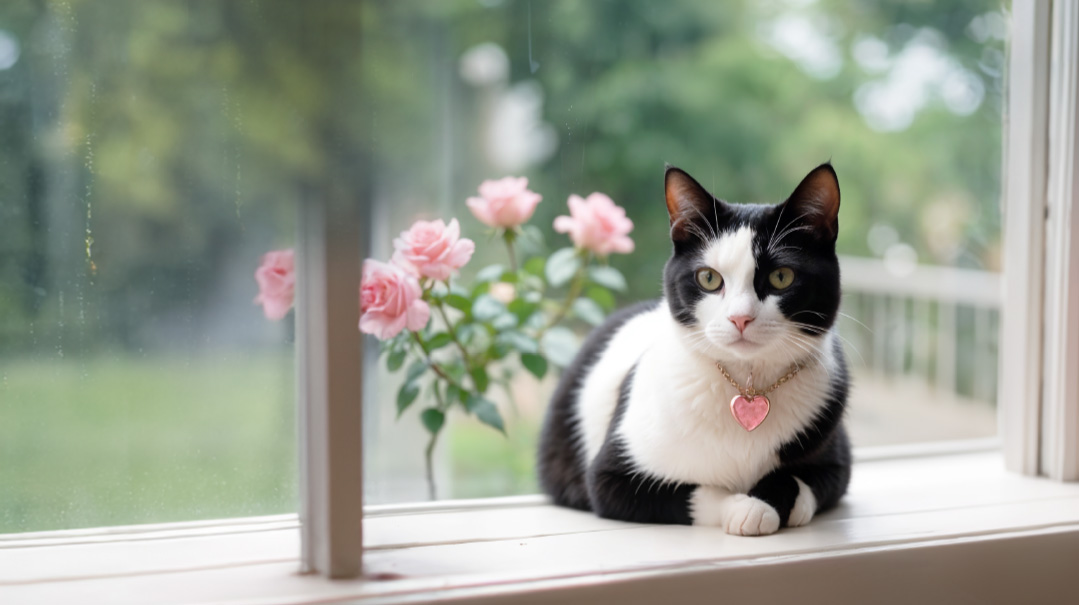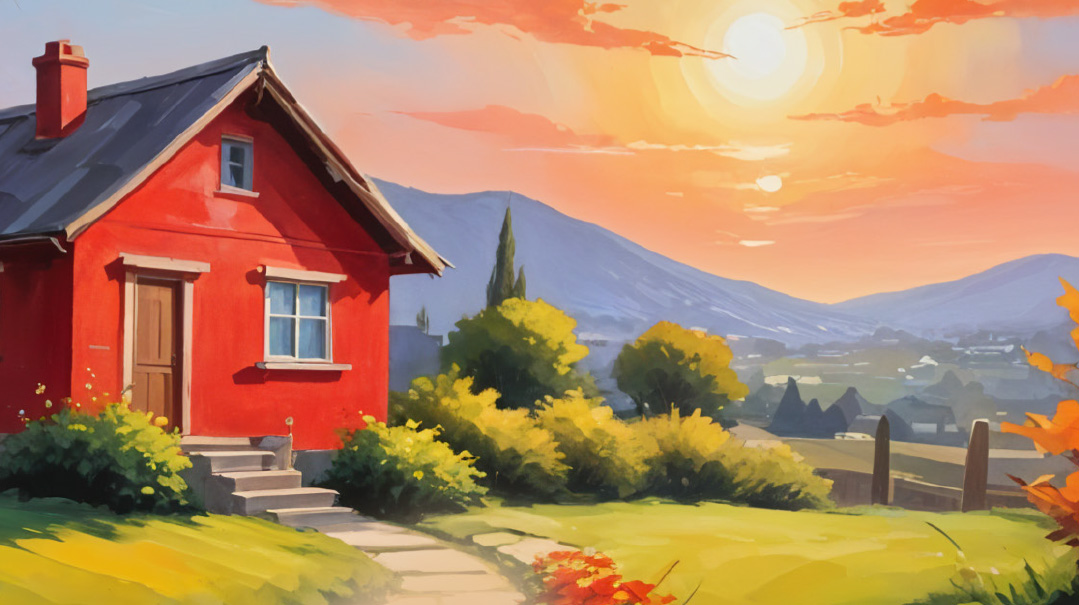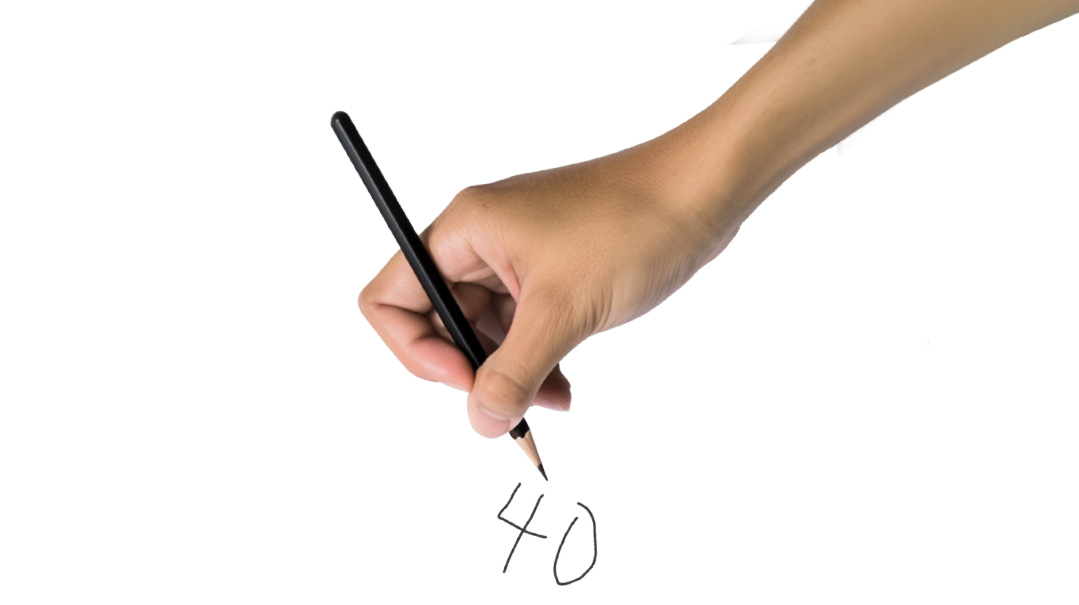Coming Closer

Instead of going on a honeymoon, I began chemo
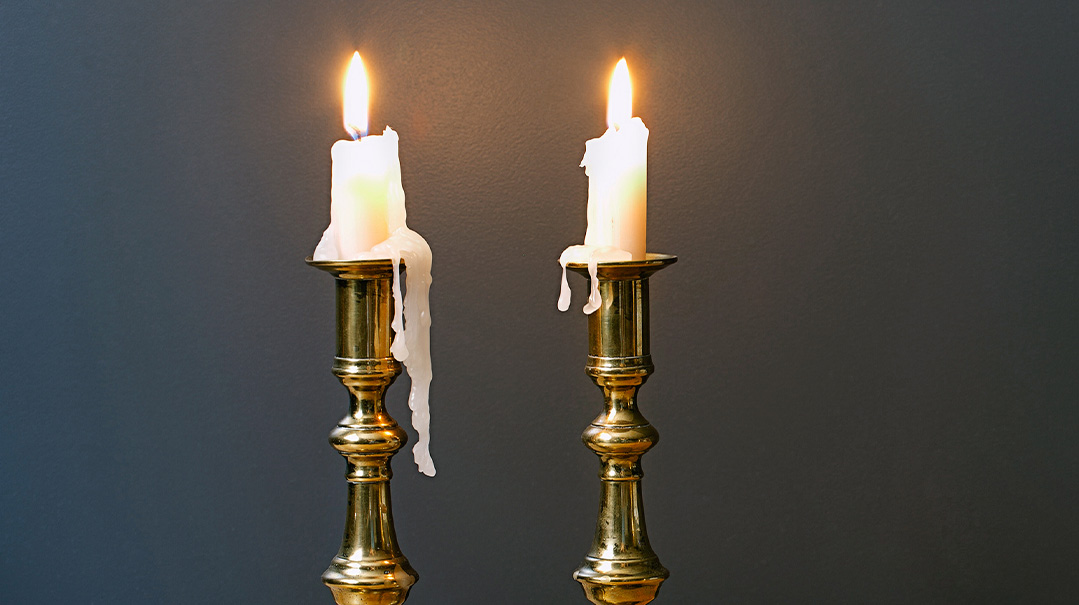
As told to Esther Shaindy Leshkowitz by Elana Chaya Krasinskaya
MY
family is from Azerbaijan, and we are called Kavkazi or Gorsky Jews, as well as Mountain Jews, because our communities were traditionally located in the remote mountainous regions of the Caucasus. For centuries, our community kept to itself; we have different minhagim from other Jews. In more recent years, the majority of Kavkazi Jews lived in the district of Quba, and for years, we had a strong frum community with shuls, yeshivot, and talmidei chachamim. Historically, many families would send their children to learn Torah in Eretz Yisrael (in what was then Palestine).
Then communism came, and it became difficult to observe mitzvot. By the time I was born in 1974, we were afraid to say we were Jewish, and we didn’t observe anything. I only knew that my mother was Jewish.
Every Friday, my mom would pick me and my sister up from school and say, “We are going to Bobbie tonight.”
My grandmother would light candles in her kitchen. It looked beautiful, and at the same time, mysterious.
“It is Shabbat,” she would say, but we didn’t really know the meaning behind it. She would prepare a simple dinner, which our big family would eat together in the kitchen, not in the dining room.
Pesach time we always had matzah, but there was bread, too. The adults didn’t eat the bread; only the children did. We kids loved eating matzah. It was like a treat. It wasn’t easy to get, and we cherished it.
I remember asking my grandmother about the matzah. “Why are we eating this dry bread?” I asked.
She told me, “There was a bad man who was trying to kill us, and his name was Pharaoh, but G-d saved us.”
That was all I knew.
I was 23 when I came to the United States. That’s when I started learning about my Jewish heritage. It was Pesach time, and I was invited by relatives to join their Seder. When I arrived at my cousin’s home, I took a sour pickle from the table. My cousin told me, “You can’t eat that.”
I asked him why not, and he said because it’s the Pesach Seder, and there’s a process we must follow before eating. I laughed and told him, “Well, I’m hungry.”
We began the Seder, and my cousin started reading the Haggadah. I was amazed. I asked him, “Where did you learn everything?”
“In yeshivah,” he told me.
I was so interested and wanted to learn more. He said he still went to classes given by Rabbi Aryeh Katzin. I asked him to take me the next time he went.
Rabbi Katzin gave his classes on Shabbat, and the first time I went, I drove there. My cousin couldn’t believe it. He told me to hide my car keys, and I did.
That class made me love Yiddishkeit, and I wanted more information. I bought my first set of Chumashim with a Russian translation, and I would read it on the subway when I went to work.
I went to more classes, learned more. My family had been keeping Shabbat in a traditional way, but I wanted to observe it more fully, following halachah. I also knew that when I married and had my own home, I wanted to keep Shabbat and kosher.
I was dating my husband at this time, and I didn’t even know if he was Jewish, so I asked him.
“No,” he told me, “but I have a Jewish mother.”
I knew I had to bring him closer to Hashem, to bring him back home. I told him I wanted to observe Shabbat and kashrut.
He said, “I don’t know anything, but you’ll show me, and I’ll learn.”
To me, this sounded like naaseh v’nishma.
He also told me he wanted to take it slowly. We got engaged, and I davened so much for him to do it with love. He agreed to go to Torah classes, and I hoped it would bring him closer to Yiddishkeit.
A few days before our wedding, I found a lump, and my doctor told me I needed a mammogram. My wedding was Sunday; the doctor wanted me to have the mammogram on Friday.
“I have a wedding on Sunday,” I told the doctor. “I have so many things to do on Friday.”
“Don’t go to the wedding,” the doctor said.
“But it’s my wedding,” I answered.
Still, he insisted the test be done on Friday, and just a few days after my wedding, I was diagnosed with second-stage breast cancer.
I fully believed that Hashem loves us so much and that everything happens for a reason. There were two things that were hard for me when I became frum — covering my hair and not wearing pants. If I hadn’t gotten sick, maybe it would have taken me years to cover my hair and give up pants, but when I got my diagnosis, I cut up all my pants with scissors and threw them out.
My husband told me, “I’m going to daven that everything should be good.”
He had wanted to take things more slowly, but he was now ready to accept more halachic observance. He found a chavruta, and we kept a kosher home.
Instead of going on a honeymoon, I began chemo. I’m thankful I went through this. It helped bring us closer to Hashem.
I wasn’t sure I’d be able to have children after chemo and radiation. My husband is an only child, and I knew he wanted a family. I told him he didn’t have to stay with me, but he refused to leave.
After I got a clean bill of health, my doctor said I’d have to wait three years before starting a family. At the three-year mark, I visited the doctor who told me I had to wait another year. This was almost too much to bear.
I went to Israel to ask Rav Chaim Kanievsky ztz”l for a brachah. It was my first time there. I sat with Rebbetzin Kanievsky, who told me that Rav Chaim said, “Listen to the doctor, and you will be surprised.”
When we came back home, the doctor told me he had changed his mind. Still, it was another three years before we had children. The entire Kavkazi community in New York was davening for me. They may not be so frum, but they see Hashem everywhere and have strong emunah.
When I finally had my son, my sister said our community had davened so much for me, and when they’ll see me with my son, they’ll say, “Hashem heard our prayers.”
“You must name him Shimon or Shmuel,” she said.
We named him Shimon Yerachmiel. Yerachmiel was my grandfather’s name, and that name also felt so fitting after what we had endured.
It’s also interesting that my husband’s last name is Allakhverdov, which means given by G-d, so my son, Shimon Yerachmiel Allakhverdov, has G-d mentioned in all three of his names.
Before I had my children, we were at the Gorsky shul in Kensington for Simchat Torah. The dancing was heartfelt and full of simchah; no one wanted to go home. One of our friends suggested we go to the yeshivah around the corner and join them, if we wanted to continue celebrating.
At the yeshivah, there were many bochurim dancing. I walked into the women’s section, and people looked at me because I didn’t look typical. I stood at the side of the room, in a corner, and watched the bochurim. I remember thinking that maybe one day I’d have a boy, and he’d dance on Simchat Torah, too. I davened for this.
Many years later, I went to my son Eliyahu’s siddur party in Torah Vodaath. I walked into the room where it was to take place, and I got chills. This was the same room where I had watched the bochurim dance, and where I stood and prayed for a boy.
People often ask me why a boy from the Russian community is in Torah Vodaath, but I want my boys to be like those bochurim I watched dance on Simchat Torah. I want my boys to grow up to be talmidei chachamim, and to dedicate their lives to Torah.
I used to work at J.P. Morgan, but after Shimon was born, I decided to stay home. A year later, I got a phone call from an acquaintance. She told me that our shul needed some help in the office and asked me if I’d be able to come in. I started working there twice a week. It felt great because I felt at home.
I was so happy to get out. I realized that there were no events for the women in my community. We needed a Rosh Chodesh night. About 20 years ago, I’d volunteered at Rosh Chodesh events geared toward Kavkazi women. Most of us were single, and all of us wanted to deepen our religious commitment.
Now that I was back at work, I realized how much I missed those events. I wanted to establish a program for Kavkazi women. The president of the shul, Aviatar Ruvinov, was happy with that idea, and I got the green light to start the programs: Rosh Chodesh ladies’ nights, a family-style Purim seudah for more than 350 people, Chanukah programs for kids and teenagers, events on Lag B’omer, Sunday School for public school kids. I also wrote articles in our monthly community newspaper about every event that we had.
It started with small, private events. We’d have refreshments, music, dancing; we’d swap stories, and listen to a lecture. The crowd wasn’t religious, and the focus of the evening was Torah inspiration.
As the event grew in popularity, the speaker was most often my sister, Kamilla Sarah Krasinskaya z”l. She brought so many people close to Hashem, and gave so many spiritual food. She knew how to read an audience, knew the right words to say. Even today, people still ask me for recordings of her lectures.
At one Rosh Chodesh event, a young woman asked if I’d consider organizing a challah bake. I thought it was a great idea. The women who joined our Rosh Chodesh events were family oriented, and they loved cooking. I thought challah could bring women closer to Hashem.
The first time we hosted a challah bake, we had 12 women. We had a presenter talk about the meaning behind challah, and then the women made their dough and said the brachah. Word spread, and it became very popular among Kavkazi women.
In the last ten years, I have organized hundreds of challah events. I try to organize one every month, and each time we have close to 50 women. It takes a few days to prepare for these events — I make sure everything looks beautiful and is well organized. I order food so we can also have a brachot party to bring more light into This World.
I always share the wisdom of Torah to inspire them, and we also dance to uplift everybody’s spirits. Those who have come once love it so much that they always come again.
At first, the challah bakes were held all over Brooklyn. Our community lives in many different neighborhoods throughout Brooklyn: Kensington, Sheepshead Bay, and Midwood. A few years ago we extended our shul, and now we have a big Kavkazi shul with our own event space, and it’s there where we host our challah events. When we send out fliers, I ask women to bring someone who has never come before — a neighbor, a coworker — even if they aren’t close. The new people get special kavod. I call on them to make the brachah aloud, and everyone answers Amen.
My goal is to have a hundred new women a year, and have those women make the brachah of hafrashat challah for the first time. We’ve now expanded the event to include all Russian-speaking women from the former USSR, not just Kavkazi women. My dream is to organize a huge challah bake for all women from the former USSR, and to make it as special and fancy an event as a wedding. Our religion was stolen from us — we were kidnapped, and my mission is to bring them back.
We all have this little spark within us. I want to ignite it with challah and bring my sisters closer to our Father.
(Originally featured in Family First, Issue 828)
Oops! We could not locate your form.

